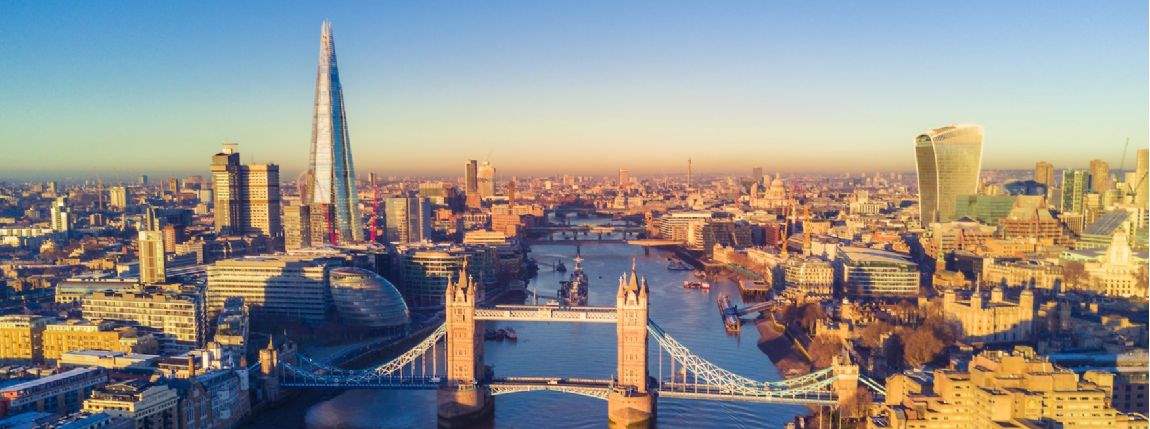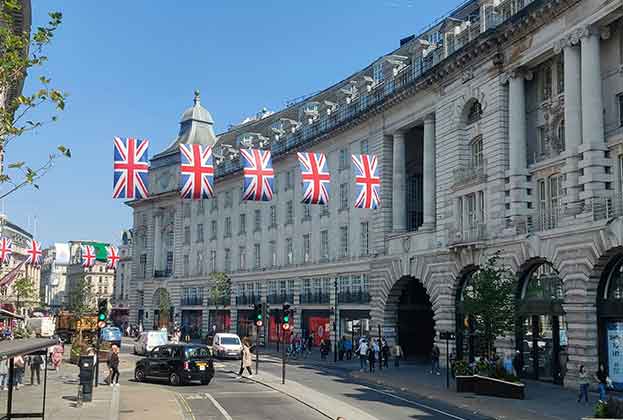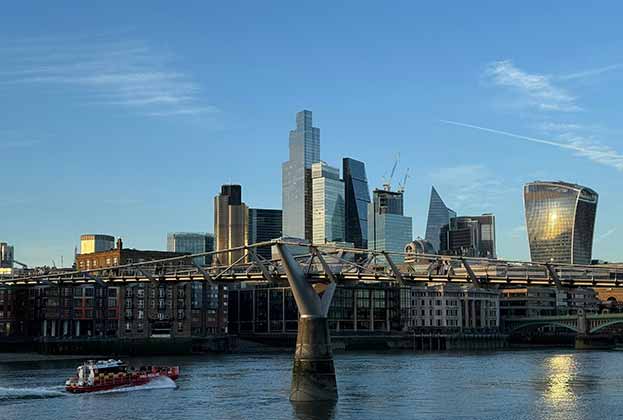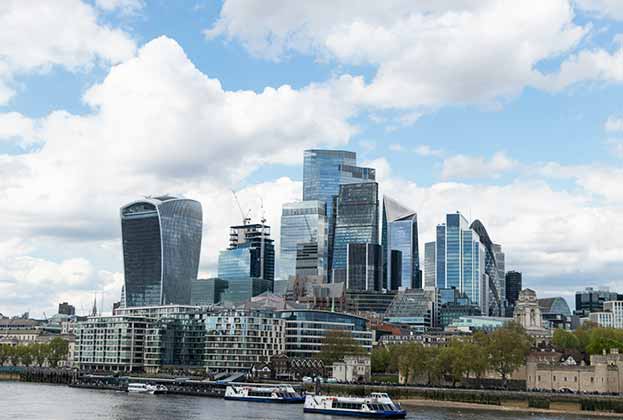The announcement that the Brexit deadline is now extended to the end of October means that we’re caught in a medium-term ‘no-man’s land’. The general consensus suggests that either a short-term or a much longer-term extension would have been preferable.
Since the referendum, London’s commercial investment market has performed remarkably resiliently, through a combination of strong office take-up levels and an investment market dominated by international investors that continue to see London as the primary target for capital. By the end of 2016, once we were through the initial shock of the referendum, and with the deadline of March 2019 over two years away, corporates and investors got on with business.
However, as we’ve approached the end of that waiting period, and following the rejection of Mrs May’s withdrawal proposal, greater hesitancy appears to have descended.
Our Q1 2019 investment turnover figures – which account for all deals to unconditionally exchange or complete by 31 March – show that investment in London (City and West End) rose to £3.2 billion, a 28 per cent increase on the £2.5 billion invested in the same period last year.
That said, it includes Citigroup’s £1.1 billion purchase of its own Canary Wharf HQ, a cost saving deal for the bank that arguably stands apart from the conventional investment activity. However, as a capital transaction, it needs to be included in the overall investment figures. If you regard that particular transaction as an outlier, then clearly turnover is lower than Q1 2018 and Q1 2017.
Given the uncertainty of Brexit it’s understandable that some investors are displaying more caution when deploying the vast sums of capital that London has enjoyed over the last 10 years. However, while activity is more measured, compared with some very strong trading in the last two to three years, it’s interesting to note that the appetite for major transactions recently has been focused on more opportunistic and development-led deals by mainstream UK and international property companies, such as the bidding on the BT HQ in the City and the former ITV site on Southbank.
This demonstrates the longer term confidence in London’s future given the higher risk profile associated with these types of transactions.
We’ve yet to see a mainstream £100 million plus prime core asset trade this year, and so evidence on where prime yields rest remains untested. Korean investors were the main players for core income assets last year but are now more absent from our market and busier in Europe.
There’s no specific overseas national group leading the charge for prime product, though there’s clear evidence from the various meetings we’ve had recently of an ongoing appetite for prime deals spread across a wide group of global investors.
I expect we could be pleasantly surprised at just how strong this appetite remains for the prime end of the market, if only assets were available. Owners, however, are generally hesitant, fearful that offering a sale today with the Brexit cloud overhead is an invitation for some unwelcome derisory offers.
It’s important to remember that the draw of London as a commercial investment market is a known known; the freehold tenure, transparency of data, a landlord supportive product and strong liquidity are some of the hallmarks of our market that perhaps we sometimes take for granted.
More significant is the driving force behind the incoming capital as the Hong Kong/Chinese in 2017 and the Koreans in 2018 demonstrated. When they do arrive it’s tended to come with a much lower cost of capital, which explains the strong prices we have witnessed.
More low-risk capital is ready to be deployed once the fog of Brexit has lifted and London is still very much regarded as one of the pre-eminent locations for these funds in a challenging global environment.
Further information
Read more: Q1 2019 Central London investment rises 28% on last year





.jpg)

.jpg)


